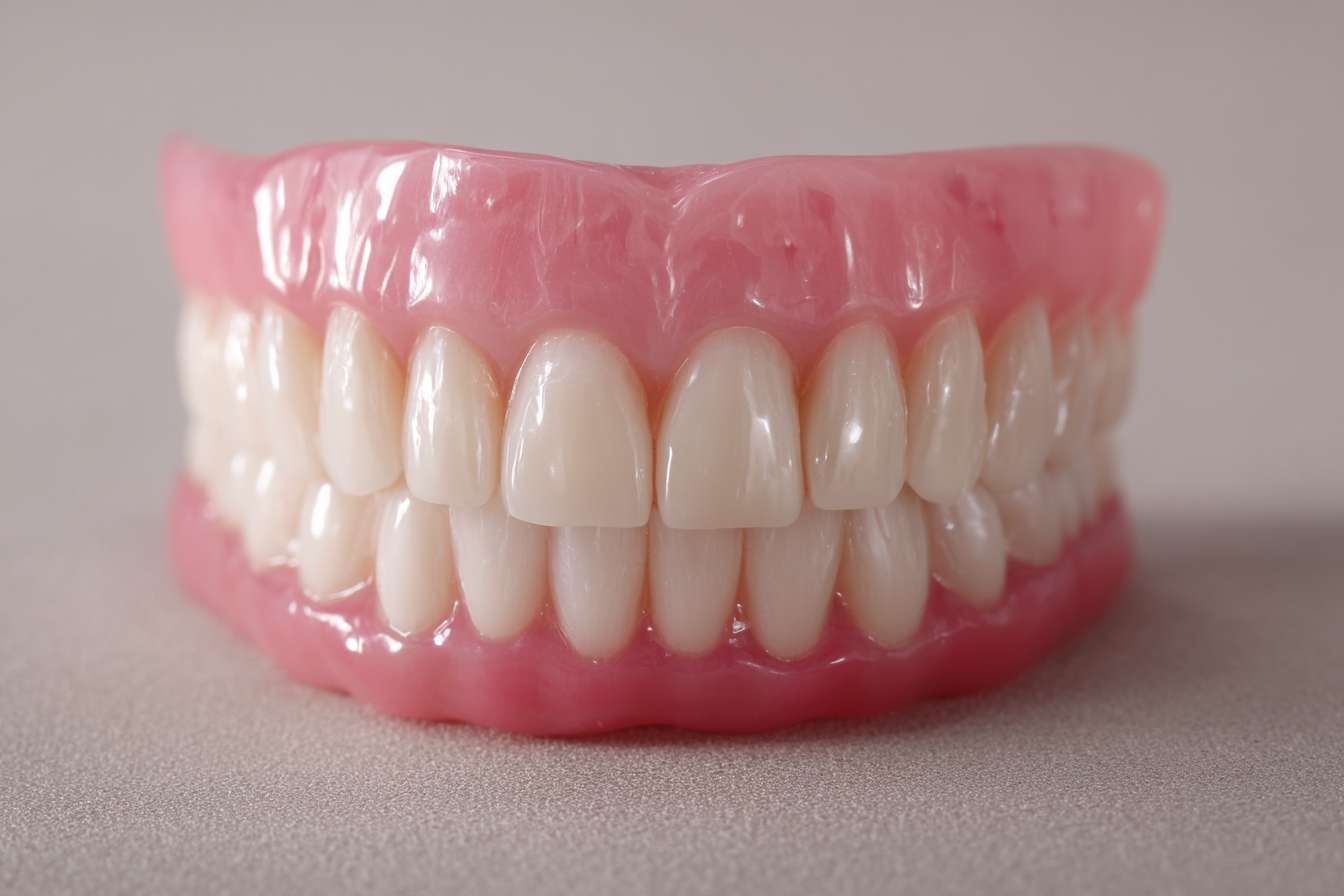How Much Will a Dental Implants Cost You in the UK in 2025? Key Pricing Insights Revealed
Dental implants have become an increasingly popular solution for replacing missing teeth, offering a durable and natural-looking alternative to traditional dentures. As we look ahead to 2025, many UK residents are curious about the potential costs associated with this dental procedure. This article will explore the factors influencing dental implant prices and provide insights into what you might expect to pay in the coming years.

What are dental implants and why are they popular?
Dental implants are artificial tooth roots surgically placed into the jawbone to support replacement teeth. They’ve gained popularity due to their longevity, natural appearance, and ability to preserve jaw bone structure. Unlike removable dentures, implants function like natural teeth, allowing for comfortable eating, speaking, and smiling without the worry of slippage or removal for cleaning.
How do current dental implant costs in the UK compare?
As of 2023, the cost of a single dental implant in the UK typically ranges from £2,000 to £2,500. This price usually includes the implant itself, the abutment, and the crown. However, prices can vary significantly depending on factors such as the dentist’s experience, location, and the complexity of the individual case. Full mouth dental implants or more extensive procedures can cost considerably more, often ranging from £25,000 to £30,000 for a complete set.
What factors will influence dental implant costs in 2025?
Several factors are likely to impact the cost of dental implants in the UK by 2025:
-
Technological advancements: Improvements in implant materials and surgical techniques may affect pricing.
-
Economic conditions: Inflation and changes in the overall economy could influence dental care costs.
-
Supply and demand: An increase in demand for implants might drive prices up, while more providers entering the market could potentially lower costs.
-
NHS coverage: Any changes to NHS dental policies regarding implants could significantly impact out-of-pocket expenses for patients.
Are there affordable alternatives to UK dental implants?
Some UK residents consider dental tourism as an alternative to domestic implant procedures. Countries like Turkey have become popular destinations for dental work due to lower costs. However, it’s crucial to weigh the potential savings against risks such as quality control, follow-up care, and travel expenses.
What unique considerations should UK patients keep in mind?
When considering dental implants in the UK, it’s important to factor in the long-term benefits and potential savings. While the initial cost may be higher than other tooth replacement options, implants often prove more cost-effective over time due to their durability and lower maintenance requirements. Additionally, UK dental practices are subject to strict regulations, ensuring high standards of care and safety for patients.
How do UK dental implant costs compare to international options?
| Provider | Location | Estimated Cost for Single Implant (2023) |
|---|---|---|
| Average UK Dental Clinic | United Kingdom | £2,000 - £2,500 |
| Dental Centre Turkey | Turkey | £650 - £950 |
| Budapest Dental Solutions | Hungary | £740 - £1,100 |
| Dentalia | Poland | £800 - £1,200 |
| Sani Dental Group | Mexico | £700 - £1,000 |
Prices, rates, or cost estimates mentioned in this article are based on the latest available information but may change over time. Independent research is advised before making financial decisions.
While international options may seem more affordable, it’s essential to consider additional costs such as travel, accommodation, and potential complications that may require follow-up treatment. UK-based treatments offer the advantage of easier access to aftercare and the assurance of treatment under familiar regulatory standards.
In conclusion, while it’s challenging to predict exact costs for dental implants in the UK for 2025, current trends suggest that prices may continue to rise moderately. Factors such as technological advancements and economic conditions will play a significant role in determining future costs. Patients considering dental implants should weigh the long-term benefits against the initial investment and explore all available options, including potential NHS coverage and reputable international alternatives, while prioritizing the quality and safety of their dental care.
This article is for informational purposes only and should not be considered medical advice. Please consult a qualified healthcare professional for personalized guidance and treatment.




